Each year there are an estimated 51,000 electrical fires in the US alone. Costing up to $1.3 billion and causing over 500 annual deaths they post a huge risk to your family and your wallet. You must be keeping an eye on your electrical systems and wiring. But if you’re not an electrician it can be hard to spot the signs that something is wrong. You might not even know where to start looking.
Don’t worry, we’re here to help! Keep reading for these top 10 signs that your house wiring is failing.
Electrical Fires: Odorless, Invisible and Lethal
Faulty electrical wiring starts to overheat, doing little more than smoldering at the start. It can take up to a year before it will ignite. There aren’t any warning signs that an electrical fire is about to break out either, so it can happen at random. Once it gets going, it’s also one of the hardest fires to put out.
It’s one of the worst types of fire in any home, and you run the risk of it engulfing your house. If you’re lucky to get your family out, it could take down your entire home and all that’s inside it.
Electrical Wiring Safety Myths
Before we jump into what you should look for in your home’s wiring, let’s look at some safety myths. This will give you a better understanding of what you’re up against, so you can better protect your home.
Circuit Breakers & Fuses
Your circuit breaker and fuses protect the electrical circuit and wiring. They don’t protect the circuit itself, or any of the outlets or appliances they connect to.
It’s easy to get mistaken here, even some electricians didn’t know the true role of breakers and fuses. What it means is that if there is a high enough current to cause damage, the fuse or breaker spots it. Then they open the circuit to direct it.
But, when currents get too high, it will damage the wiring insulation and overheat. This poses a risk to the appliances connected to the circuit. In some cases, flammable materials near the wiring can ignite and catch fire.
Instead of relying on breakers and fuses, make sure you have the right size wiring for the appliance. You also want to make sure that appliances have separate circuits to cause less strain. You should never overload your outlets.
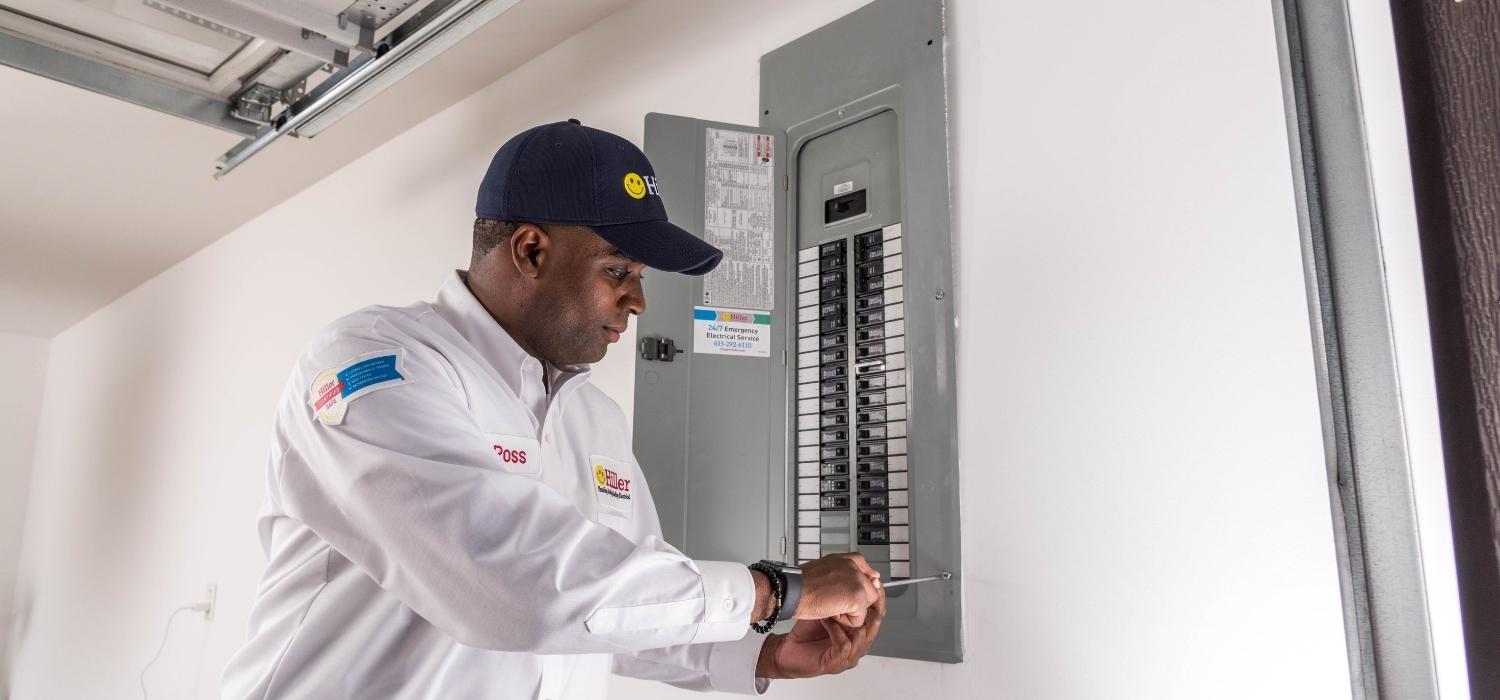
It’s Safe to Use Extension Cords
Most people know that different extension cords have different capacities and ratings. But very few heed those capacities and ratings. It’s often the case where their cords don’t match their appliances.
Common uses for extension cords include:
- Powering computers
- Running HVAC and air conditioning units
- Powering space heaters
Your extension cord must be able to handle the load that will flow through it. It must be up to the task of powering that specific device (and the number too). If not, it will start to heat up which compromises the safety of the circuit. It puts you at risk of overheating, starting an electrical fire.
One habit that is a danger is running the extension cords under rugs and furniture. This will trap the heat rather than let it escape into the air. Another awful habit is overloading the extension cords. Or plugging another cord into the first one.
Old Homes Need Electrical Upgrades
When new homes get built, there are strict building codes to follow. The wiring must have a licensed, professional electrician install and inspect it. This is one of the ways that guarantee a safe electrical system in your home.
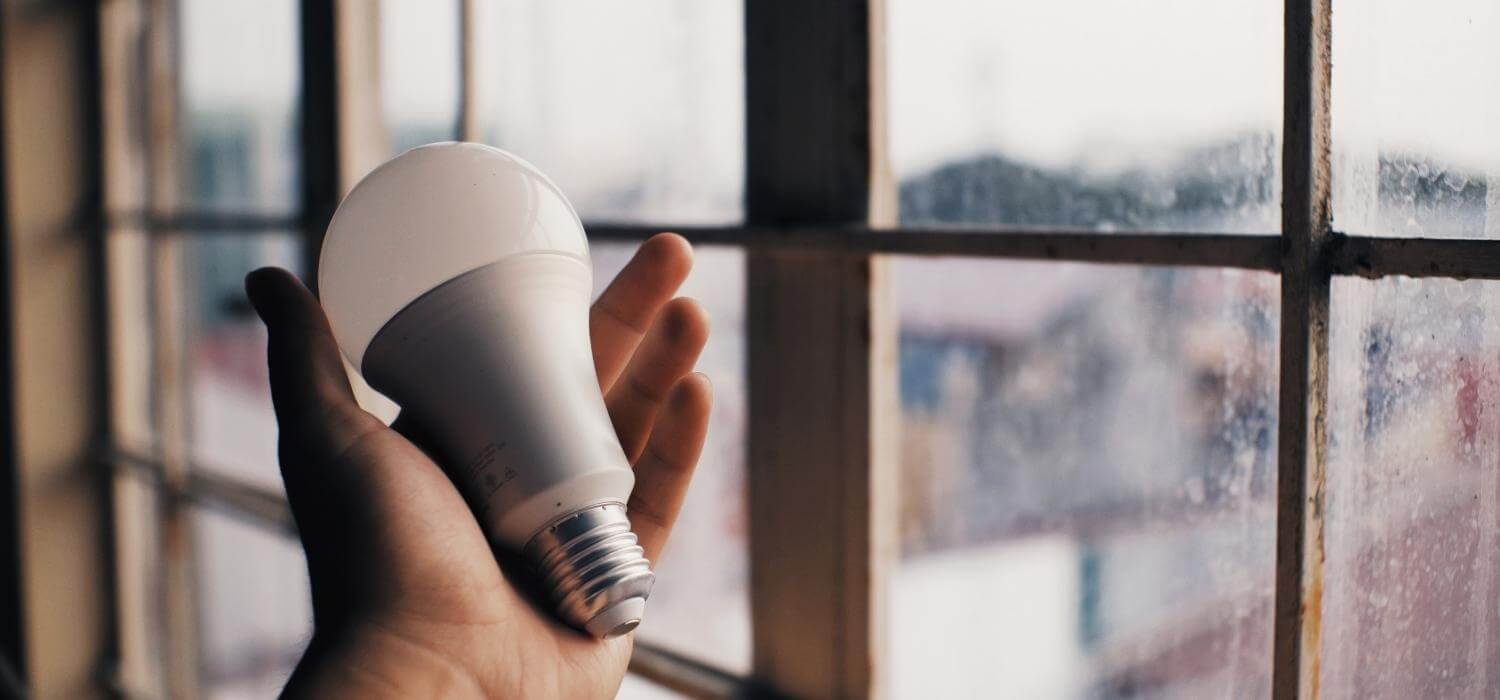
The wiring in a home from the 1900s should not be considered safe. In reality, with technology advancing so fast, most homes don’t keep their original wiring. From computers to HVAC to microwaves, even a toaster might need an electrician to install.
A big problem from the 70s was the use of aluminum wiring. We’ll look into it in more detail in the next section, but it expands and contracts as it heats and cools. Connections become loose, causing a huge danger of electrical fires.
Signs That Your House Wiring is About to Fail
Now you know what an electrical fire is and debunked some electrical wiring myths. Let’s move on to these top signs that your house electrical wiring is in trouble.
1. You Use Too Many Extension Cords
It isn’t only because the wiring isn’t nice to look at that it’s hidden behind the walls of your home. As we discussed above, if left alone then a good wiring system can last forever. It’s when it’s fiddled with and disturbed that trouble can occur.
By using extension cords, you’re adding points where cords can:
- Kink
- Get pinched
- Short out
If this happens, it can damage the outlets, trip the breaker or even cause a fire. If you need to use extension cords, don’t use too many. Don’t use them all the time either, only use them when you actually need them. If you’re struggling with outlets, the best option is to call an electrician and get them to install more.
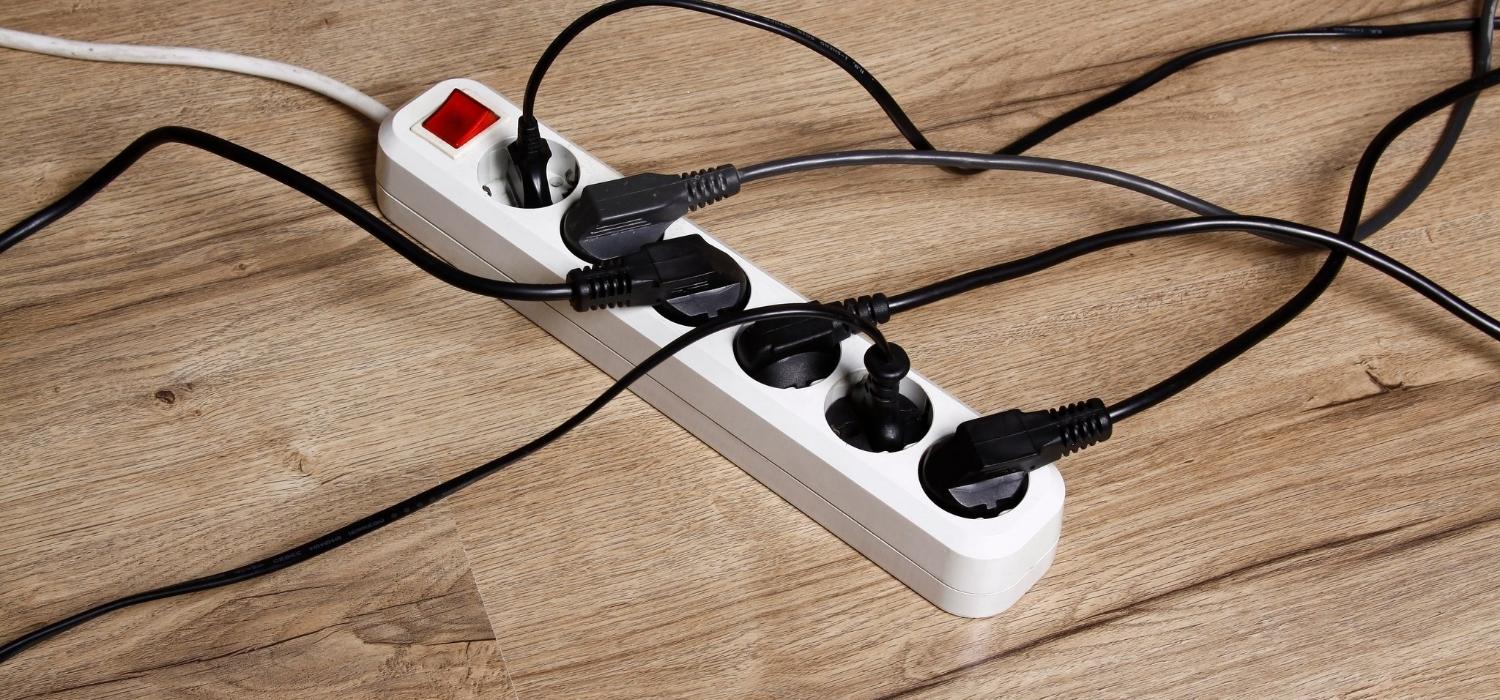
2. Lights That Dim or Flicker
Light fixtures should only use a small amount of power. If you’re getting dimming or flickering lights, it’s rarely because of the fixture. Instead, it could be because other more power-hungry appliances use the same circuit. It could be damaged electrical components in the panel, and/or the circuit itself.
Appliances that heat up and cool down (HVAC, washing machine, etc.) often drain a lot of power. It could be that appliances are drawing more power than the circuit can handle. You’ll need to call an electrician in to take a look.
If needed, they’ll move the lights onto a different circuit. Or they’ll install dedicated lines for the big power appliances. Don’t move lights onto different circuits yourself if you don’t know what you’re doing.
3. Weird Smells
The first time you use a new appliance it can give off a strange smell so that’s normal. What isn’t normal is a smell coming from your outlets. If you notice this, turn it off and take out any plugs that connect to the outlet.
Call out an electrician as soon as possible to take a look at your wiring. Don’t use that outlet again until they’ve confirmed it’s safe or found out what the issue is. The same process applies if you have a smell coming from the breaker panel or fuse box too.
4. Sparks Flying
Sparks are never a good sign of anything, and how you deal with it depends on where it’s coming from. If they’re coming from the fuse box, breaker panel, or outlets, call an electrician right away. Not only is there a risk of a fire, but also electric shocks.
If the sparks come from an appliance then it’s usually an issue with the appliance itself. You should call the appropriate repair company to fix it, or replace the item in question.
If you call in a repairman, he’ll test the appliance and the outlet you plug into. Calling the repairman first, in this instance, likely will work out cheaper. Especially if the item is new and still falls under warranty.
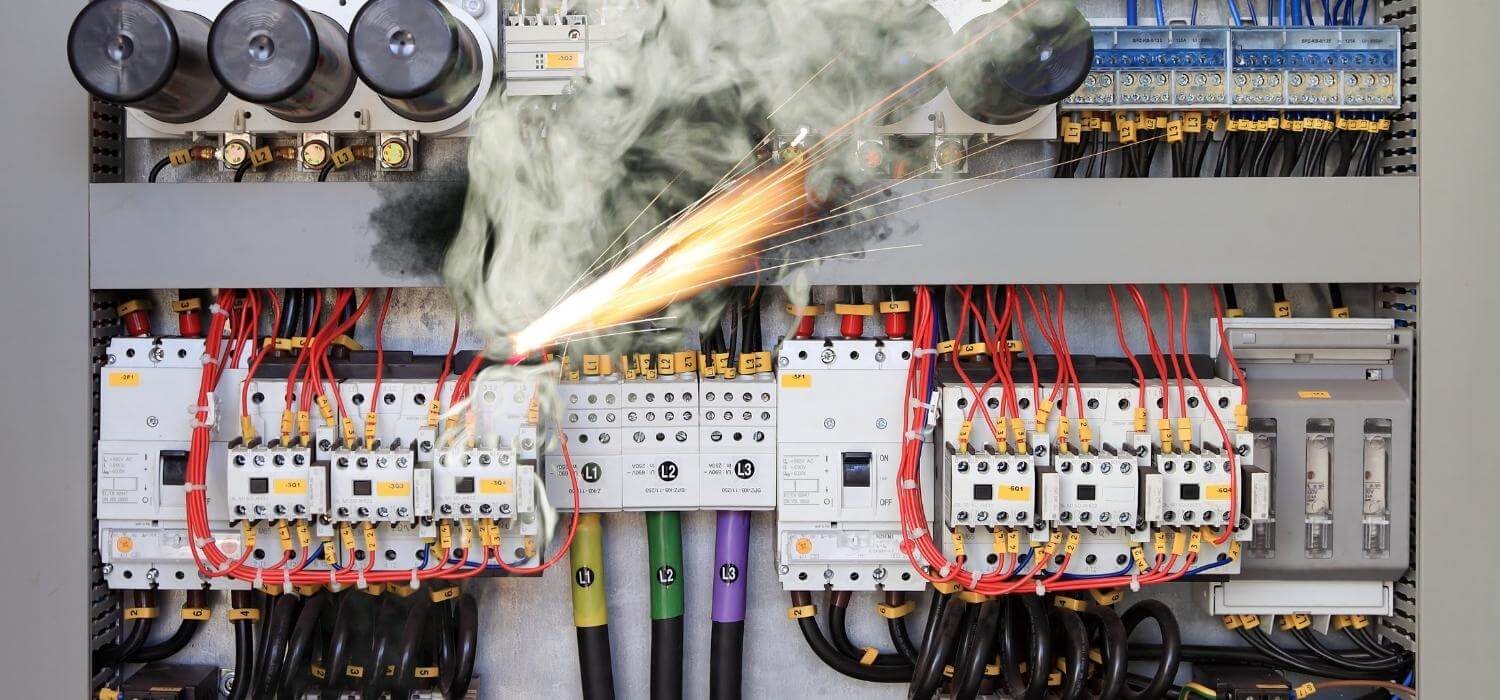
5. Switch Plates & Outlets Heating Up
The outlet that you plug appliances into should never feel hot. Even if the appliance is like a toaster or kettle that’s meant to heat up. It is possible that flowing electrical current can make your switch plates feel warm.
If they’re feeling hot and painful to the touch, turn it off and unplug what’s in it. Try a different outlet and get that one checked for damage.
If that outlet gets hot without anything using it, then the wiring could be faulty. It’s best to have it serviced as soon as you can, and you might have to flip the breaker or take out the fuse until you can.
6. Your Breakers Trip Often or You Keep Blowing Fuses
To prevent overloading the circuit, breakers and fuses will fail by design. If you notice that an appliance keeps tripping the breaker, no matter where you plug it in, the appliance is likely the issue. You’ll need to repair or replace the appliance.
If it’s tripping when you use one outlet in particular, no matter what you plug in, then it could be the wiring. When a single outlet keeps blowing fuses, it’s a strong sign your circuit is overloading. You might need to have an electrician install a new line, or upgrade the circuit to handle more.
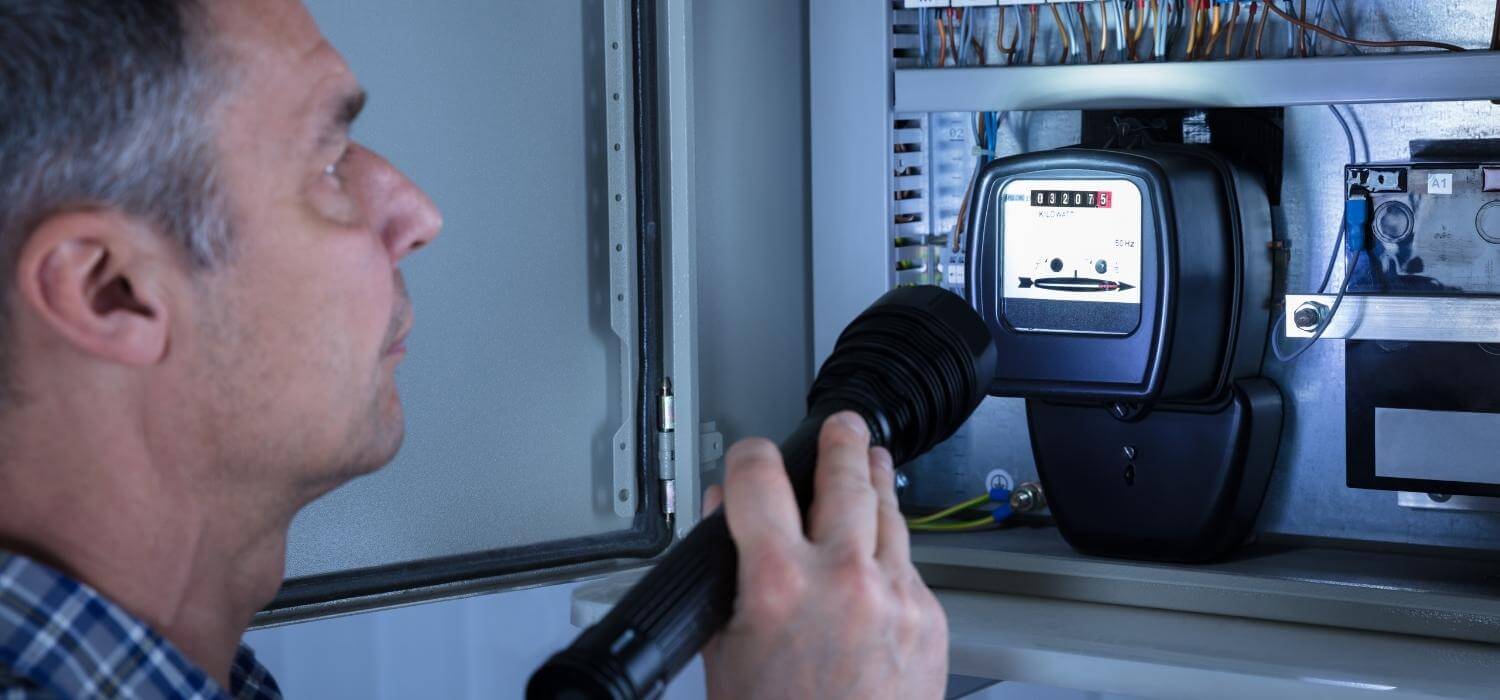
7. You Hear a Buzzing Sounds
Should electricity have a sound? If it’s working right, then no it shouldn’t. Between connections is should have a smooth, quiet flow.
But frayed wires and loose outlets and prongs can make your current jump. As the current jumps, you’ll hear a “zapping” or “buzzing” sound. Think about when you get a static shock.
If you hear that sound from an outlet, stop using it immediately. It could put you at risk of an electrical fire or a shock. Call in a professional to work out what the issue is.
8. The Outlets in Your Bathroom or Kitchen are Incorrect
You’ll need shock-resistant outlets in moist places like kitchens and bathrooms. This is because water is the perfect conductor of electricity. Without them, you could be at risk of a fatal shock.
Ground fault circuit interrupters (GFCIs) will have two buttons in the middle usually. If your outlets in the kitchen and bathroom don’t look different from the rest of the house then don’t use them. Have them swapped out for GFCIs asap, to give you protection from water-based shocks.
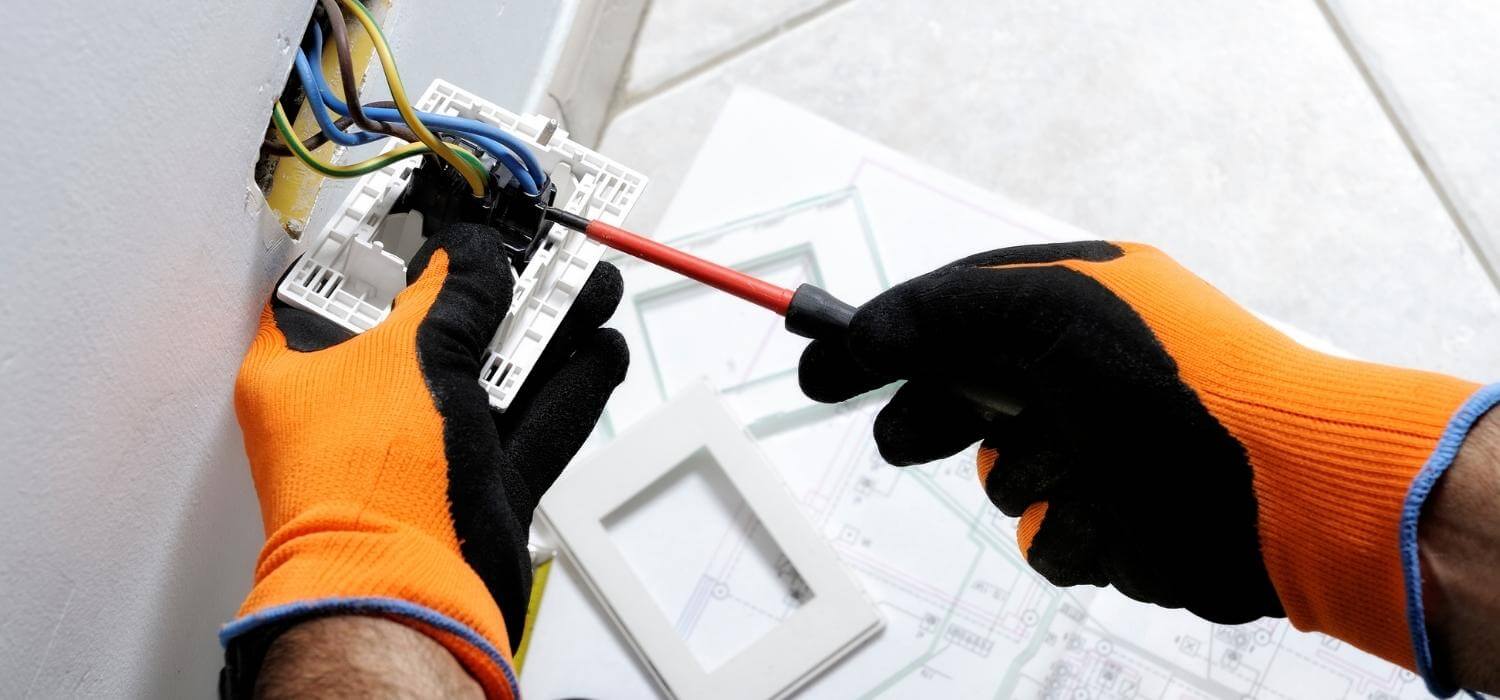
9. Old Aluminum Wiring
If you have an old home, particularly one from between 1960 and 1970, your home may have aluminum wiring. Although popular at the time, aluminum wiring is much more dangerous than copper.
In fact, it is as much as 50x more likely to cause a fire. Copper is much more resistant to heat, so upgrading your wiring could improve the safety of your home.
10. Arc Faults
When the electrical circuit moves off its intended route, this causes an arc fault. It’s usually because of a breach in your wiring and they’re often the cause of many electrical fires.
You can prevent arc faults by installing an arc-fault circuit interrupter (AFCI). But, you’ll need a qualified, professional electrician to install it though.
While they can be expensive, it’s a worthwhile investment for peace of mind. Especially if you have old house wiring that might have degraded a little.
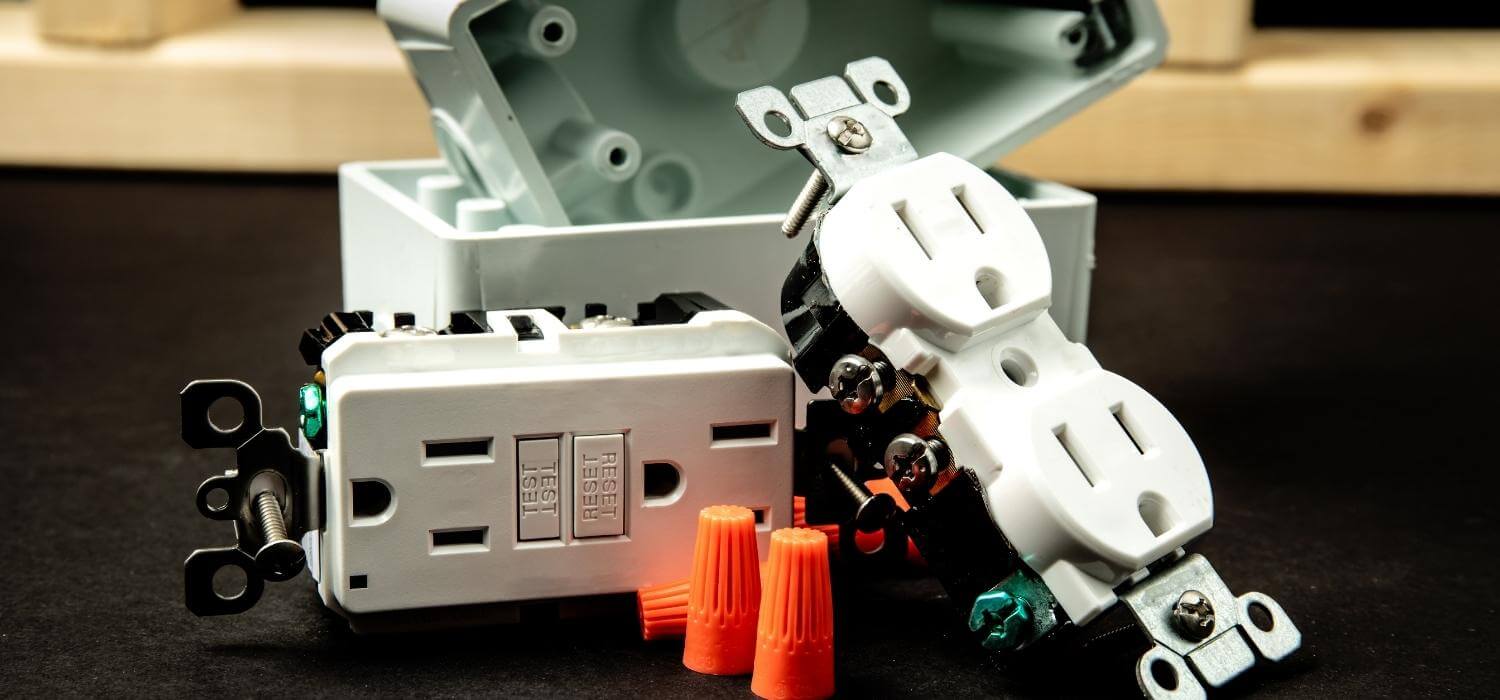
11. You’ve Got Counterfeit Electricals
You might go to a market and seen stalls offering things like chargers and extension cords. Often, they say they’re branded but they’re offered at very low prices.
Be careful, because if the deal seems too good to be true, it often is. They’re likely counterfeit, or they won’t meet government standards. If this is the case, they can be a very real danger to your safety.
Only buy electrical goods from reputable manufacturers or retailers. You should also make sure they’re up to the latest safety standards too.
12. Pest Droppings & Waste
One thing mice and rats love to do is chew through your electrical wiring. They will cause it to fray, exposing it from its protective casing making it a fire hazard.
If you notice droppings or other signs of pests you should check your electricals for damage. In particular, you want to check the attic, basement, and any electrical fixtures.
If you’re worried about pests, call in a pest control expert right away. They’ll be able to find the infestation and treat the issue and give you tips on how to prevent it going forward.

Keeping Your House Wiring Up to Scratch
So, there you have it! Now you know these signs to look for you’re sure to keep your house wiring up to scratch.
It’s easy to put your electrical wiring out of your mind. But this essential and sometimes dangerous part of your home shouldn’t be ignored. Keeping an eye out for the signs is the best way to keep your home, and family, safe.
If you’re looking for an electrical service and inspection, then contact us today. At Hiller Plumbing, Heating, Cooling & Electrical we’ve got the expertise for all your electrical needs.
Whether you require installation, repair, or maintenance, our technicians will assist you with top-quality service at any time of the day or night. Take comfort in knowing your indoor air quality is the best it can be with MOE heating & cooling services Ontario's solution for heating, air conditioning, and ventilation that’s cooler than the rest.
Contact us to schedule a visit. Our qualified team of technicians, are always ready to help you and guide you for heating and cooling issues. Weather you want to replace an old furnace or install a brand new air conditioner, we are here to help you. Our main office is at Kitchener but we can service most of Ontario's cities
Source link

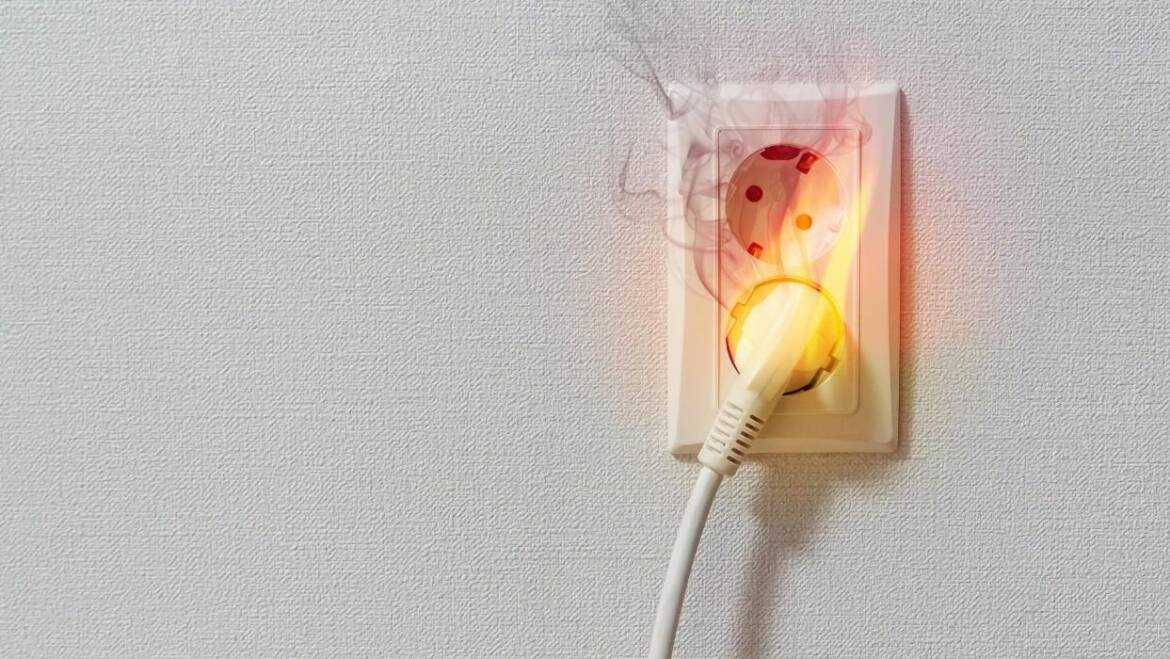
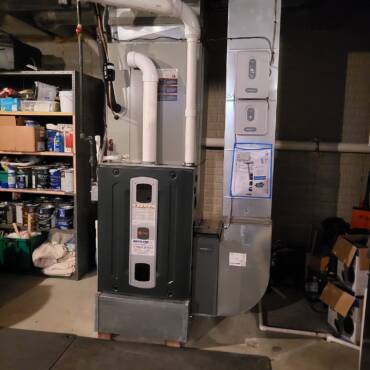

Add Comment